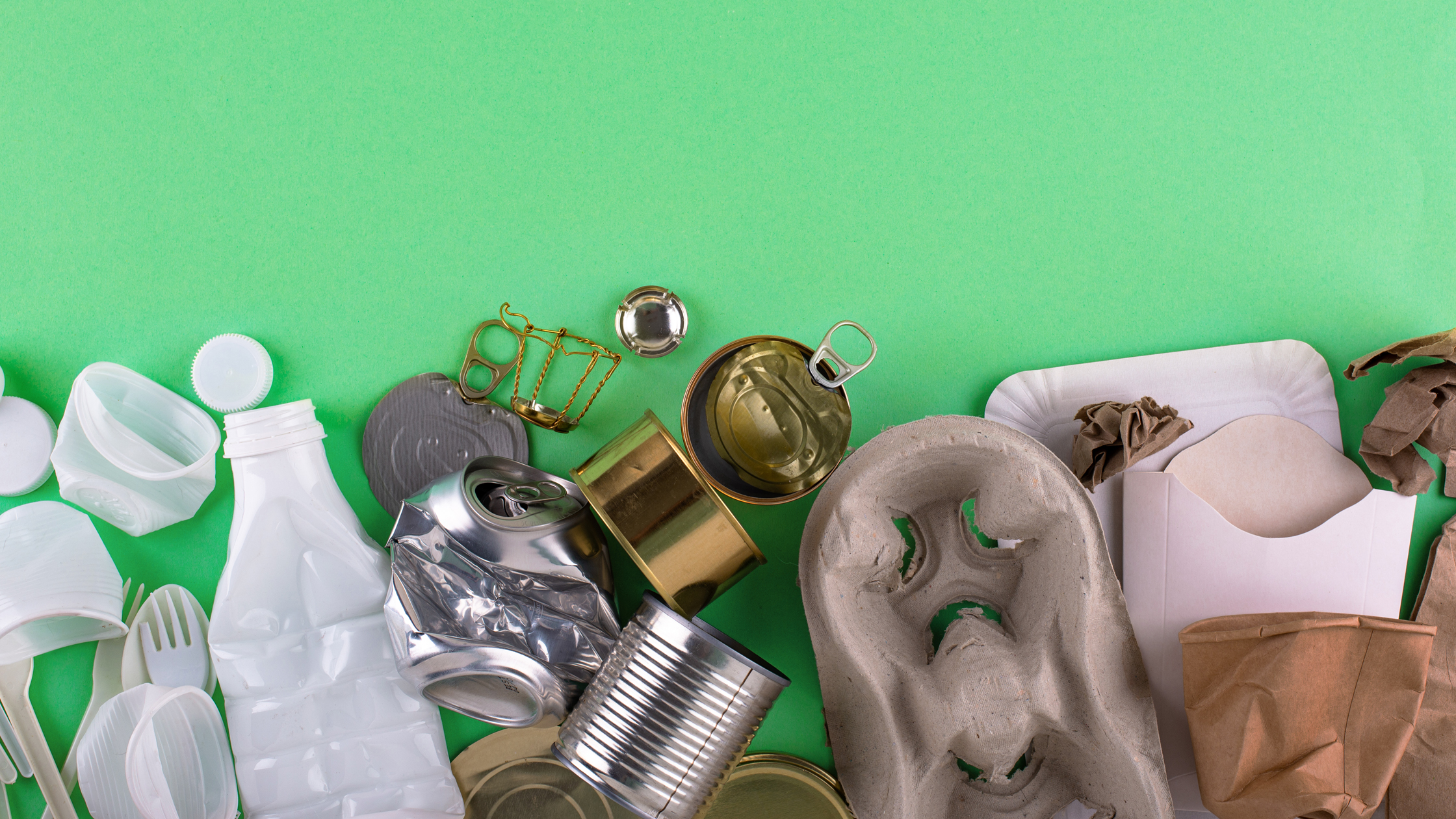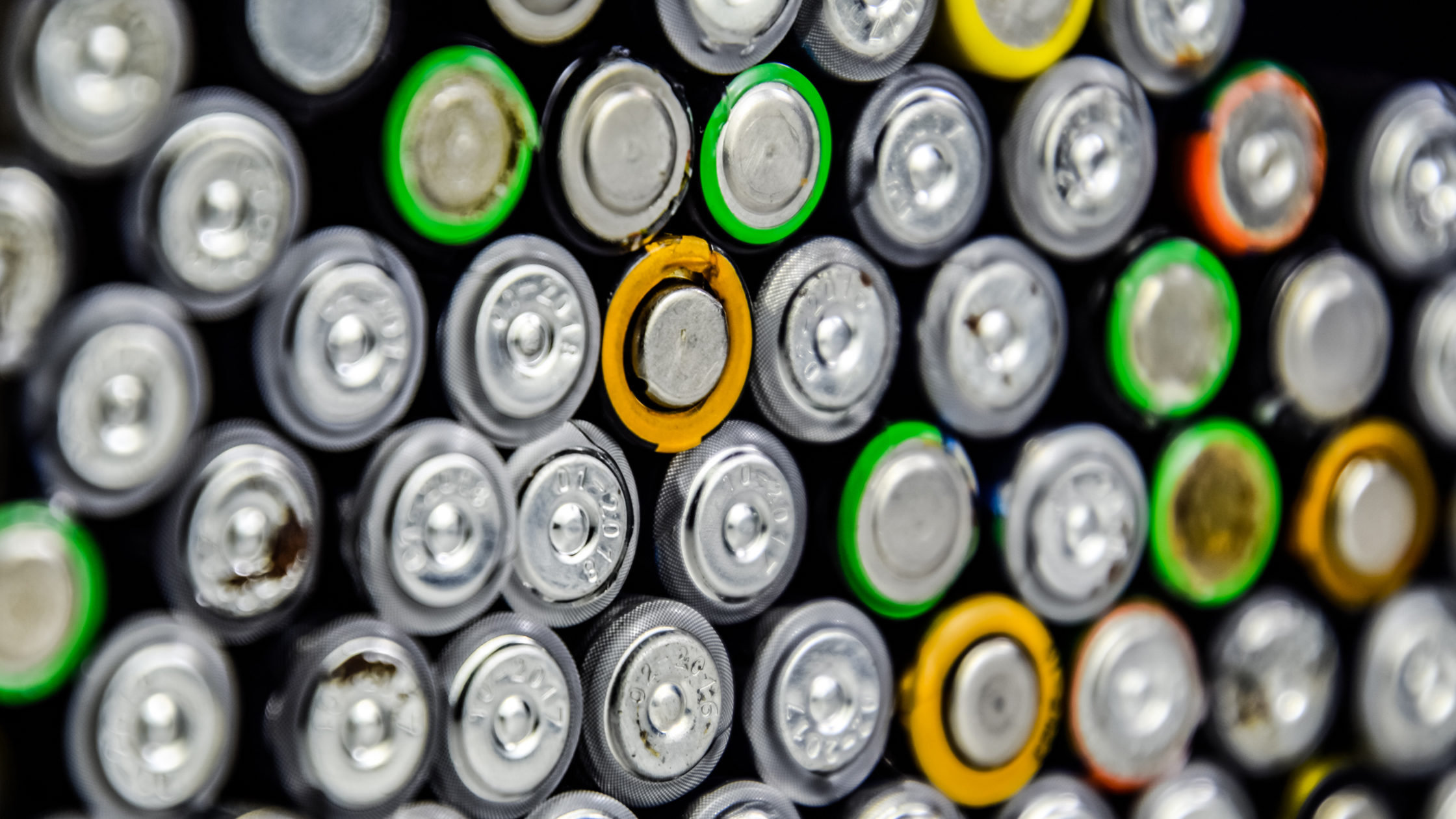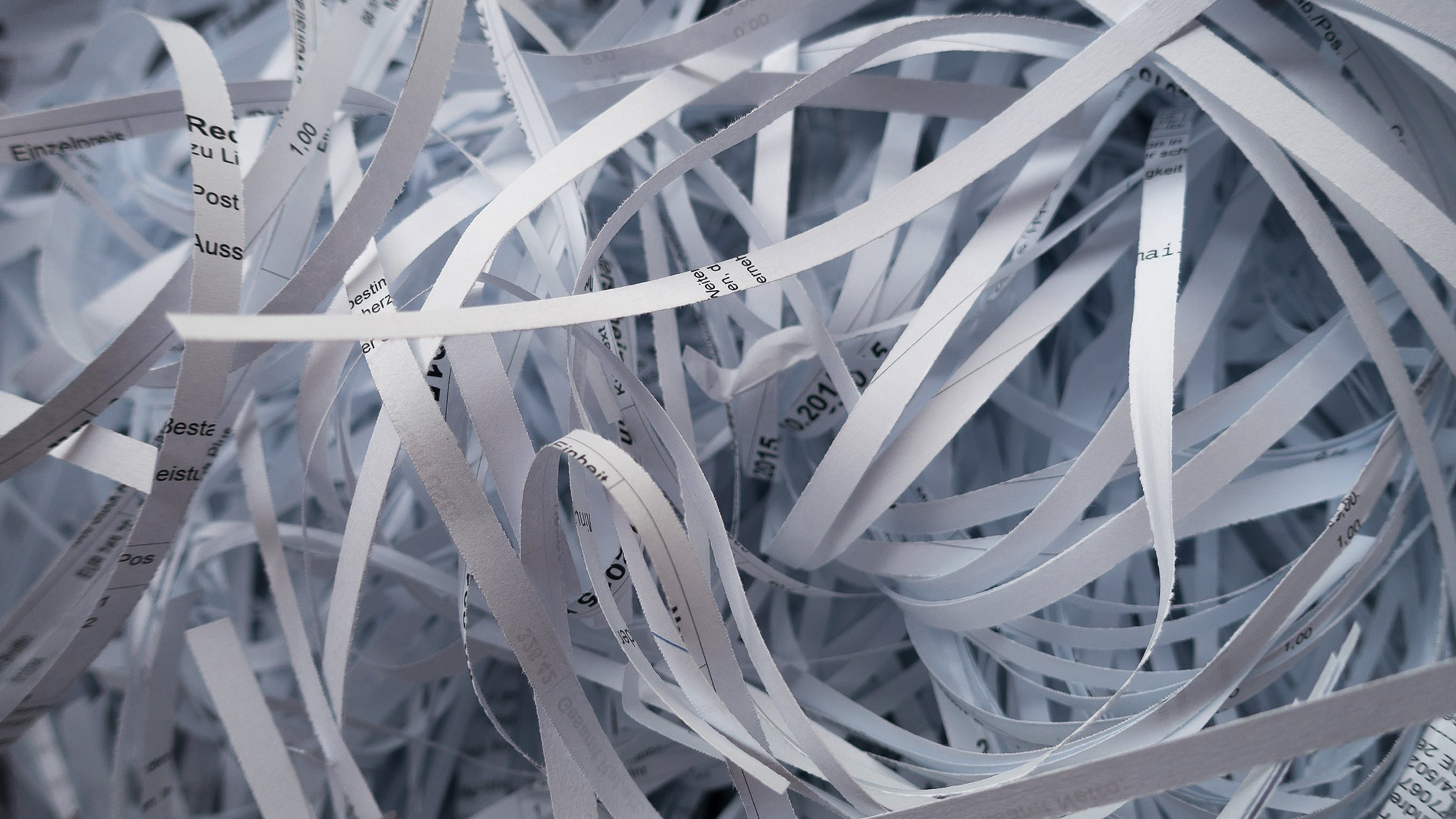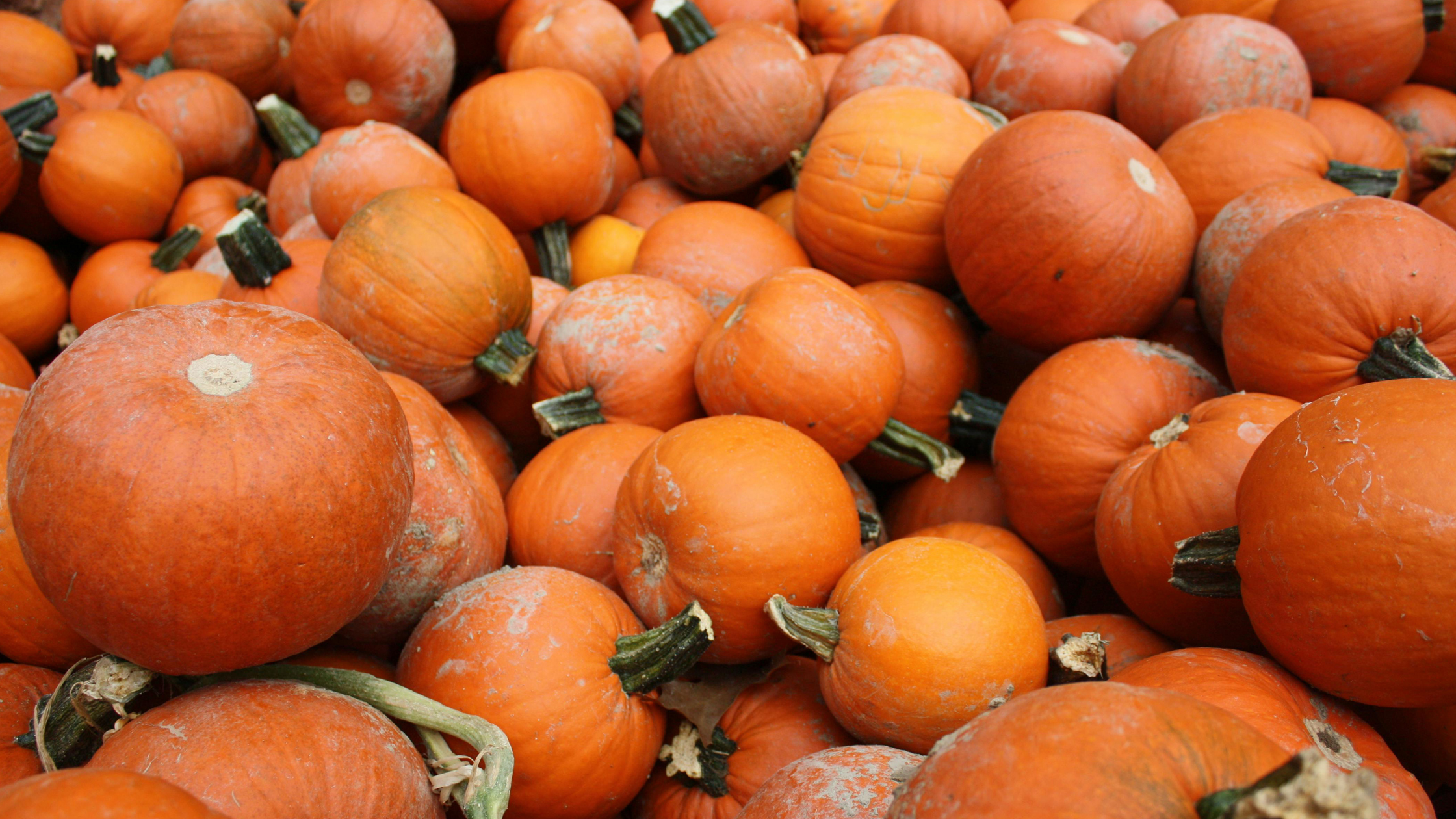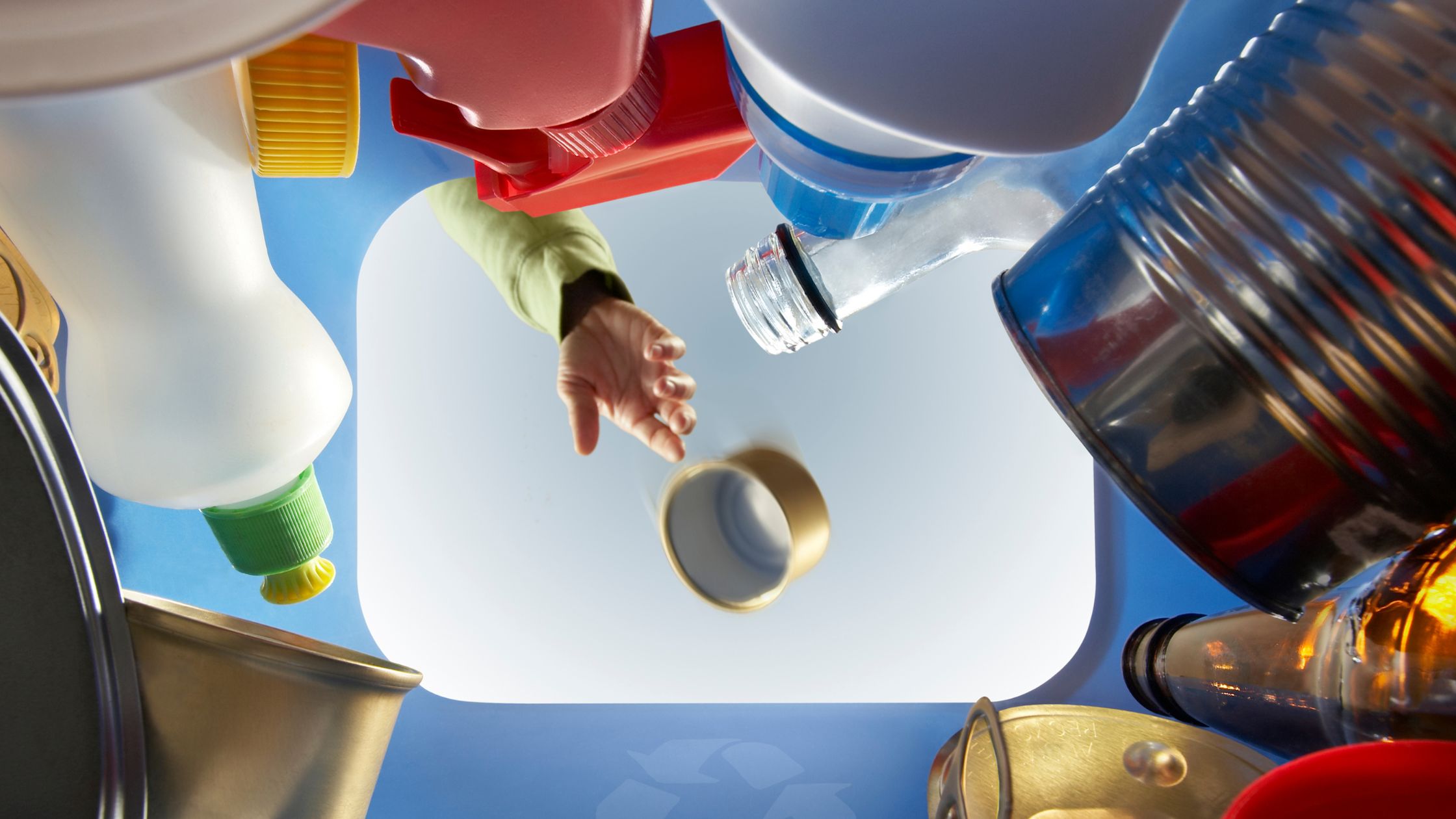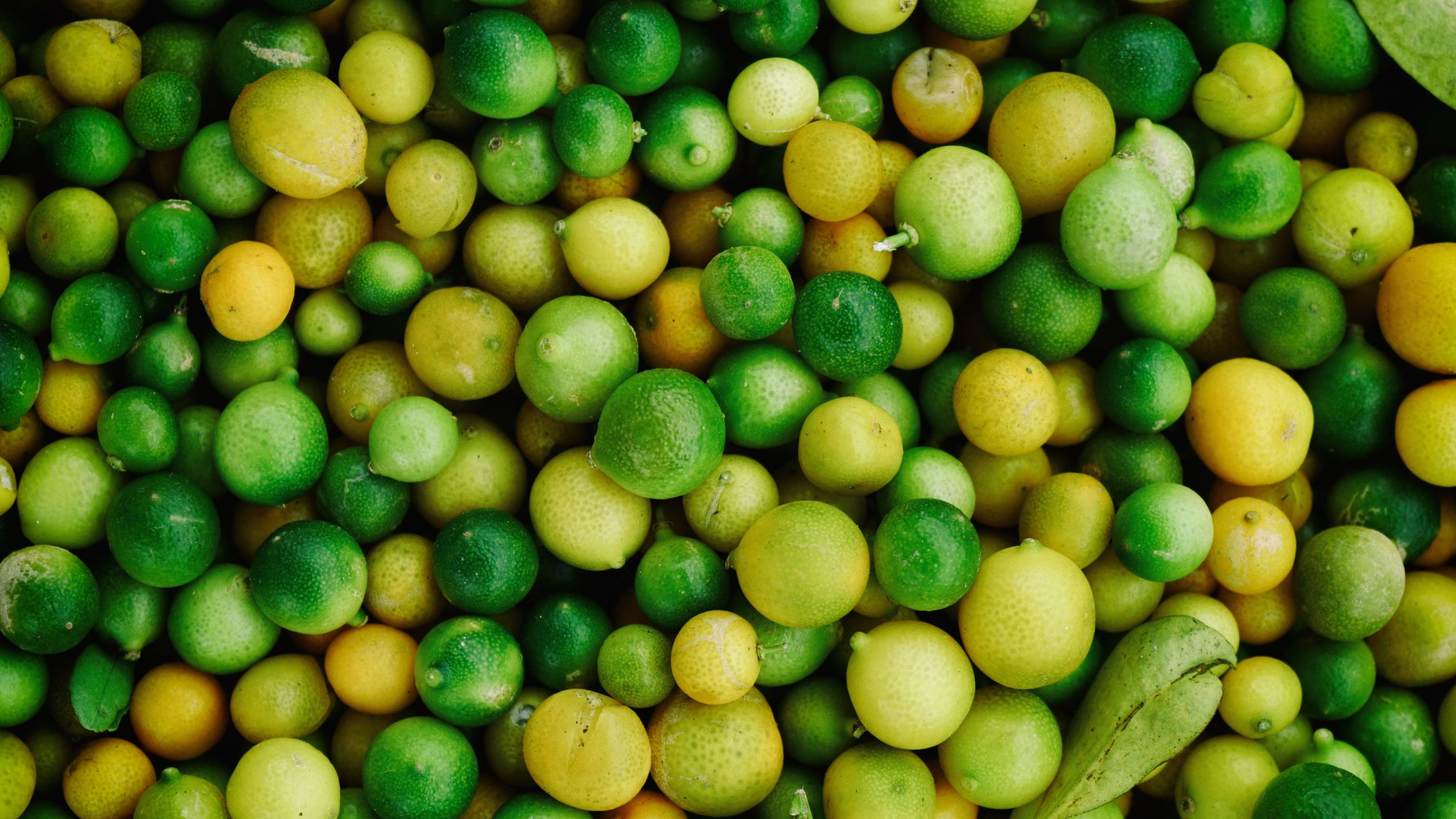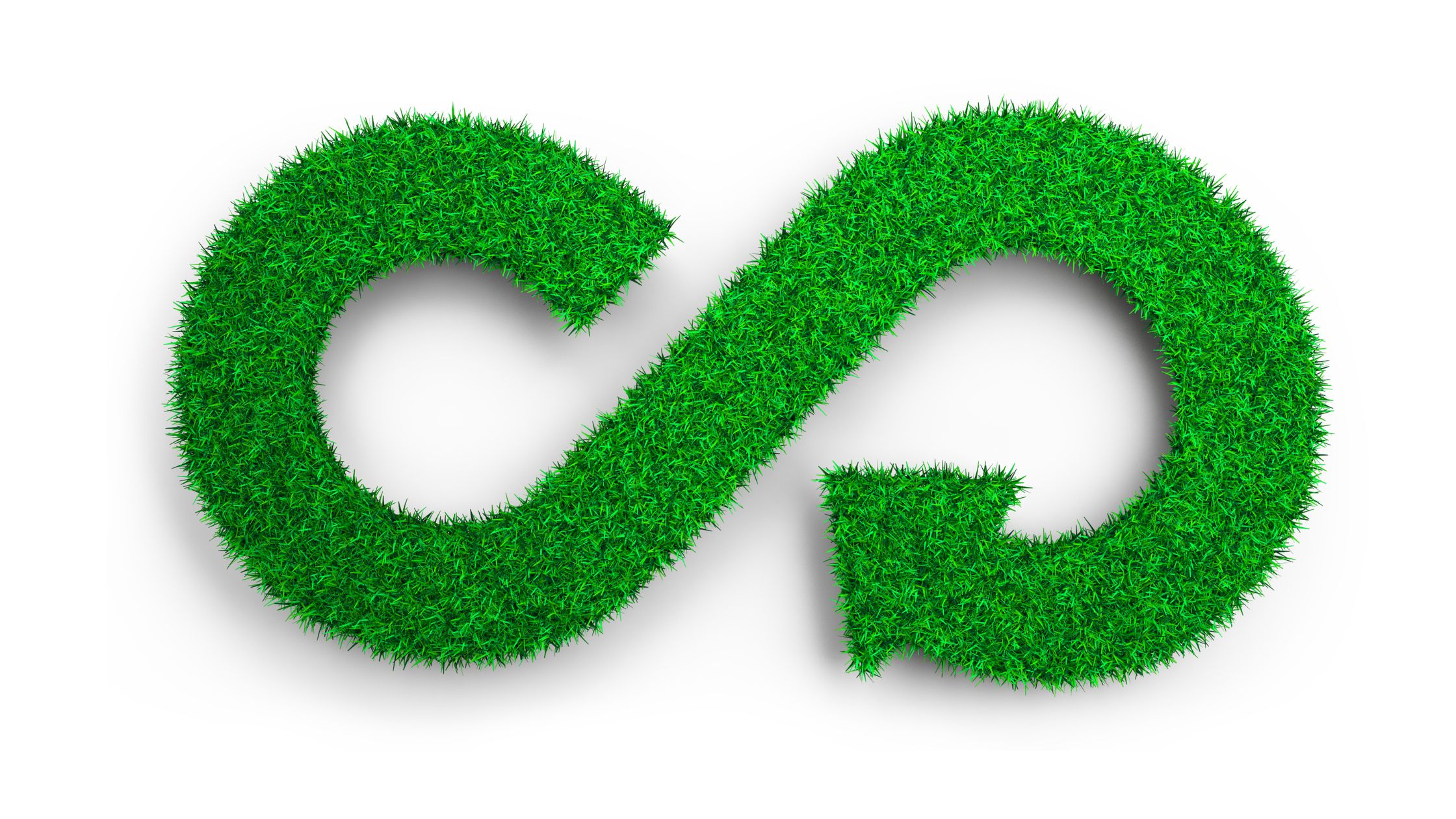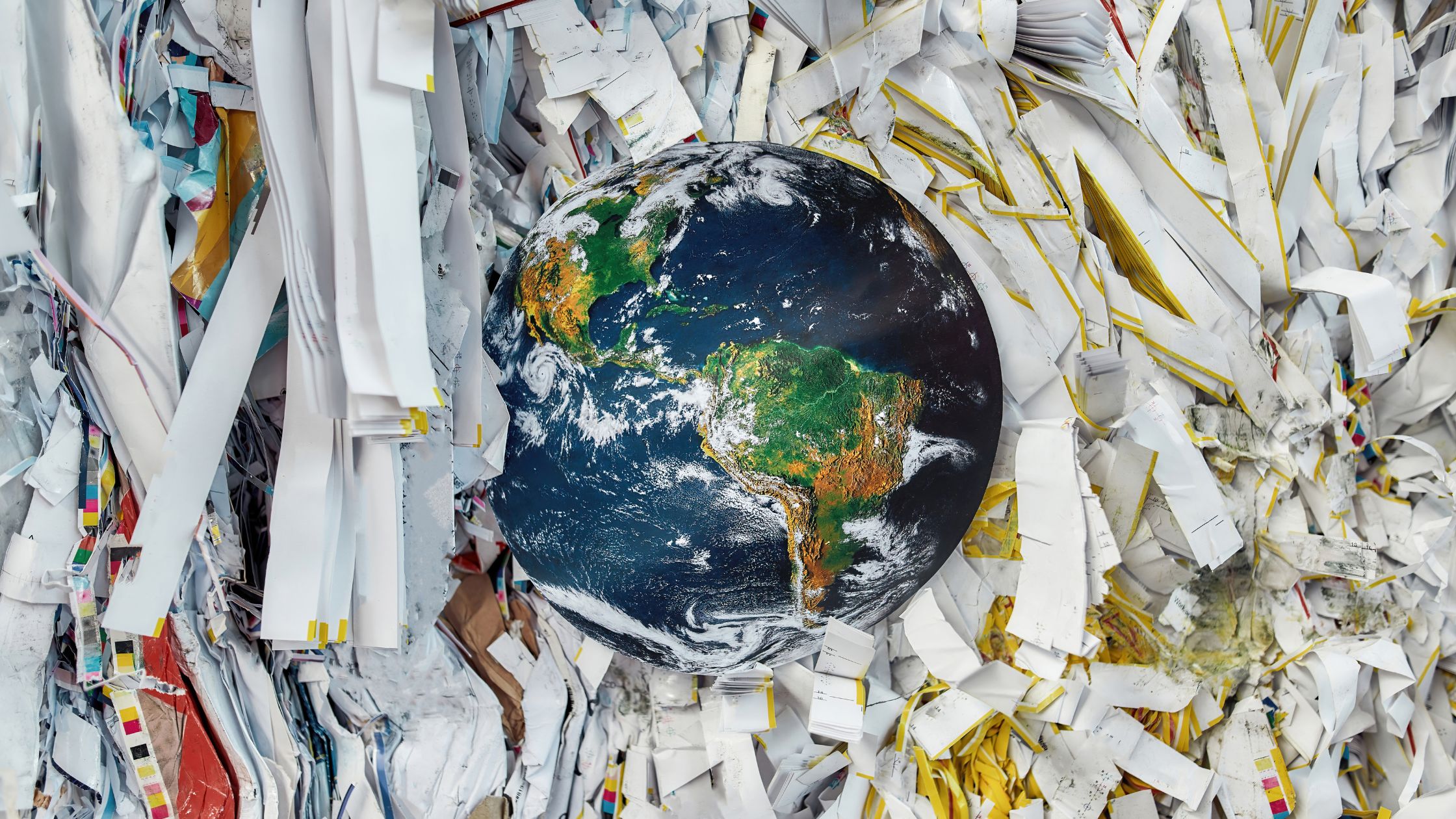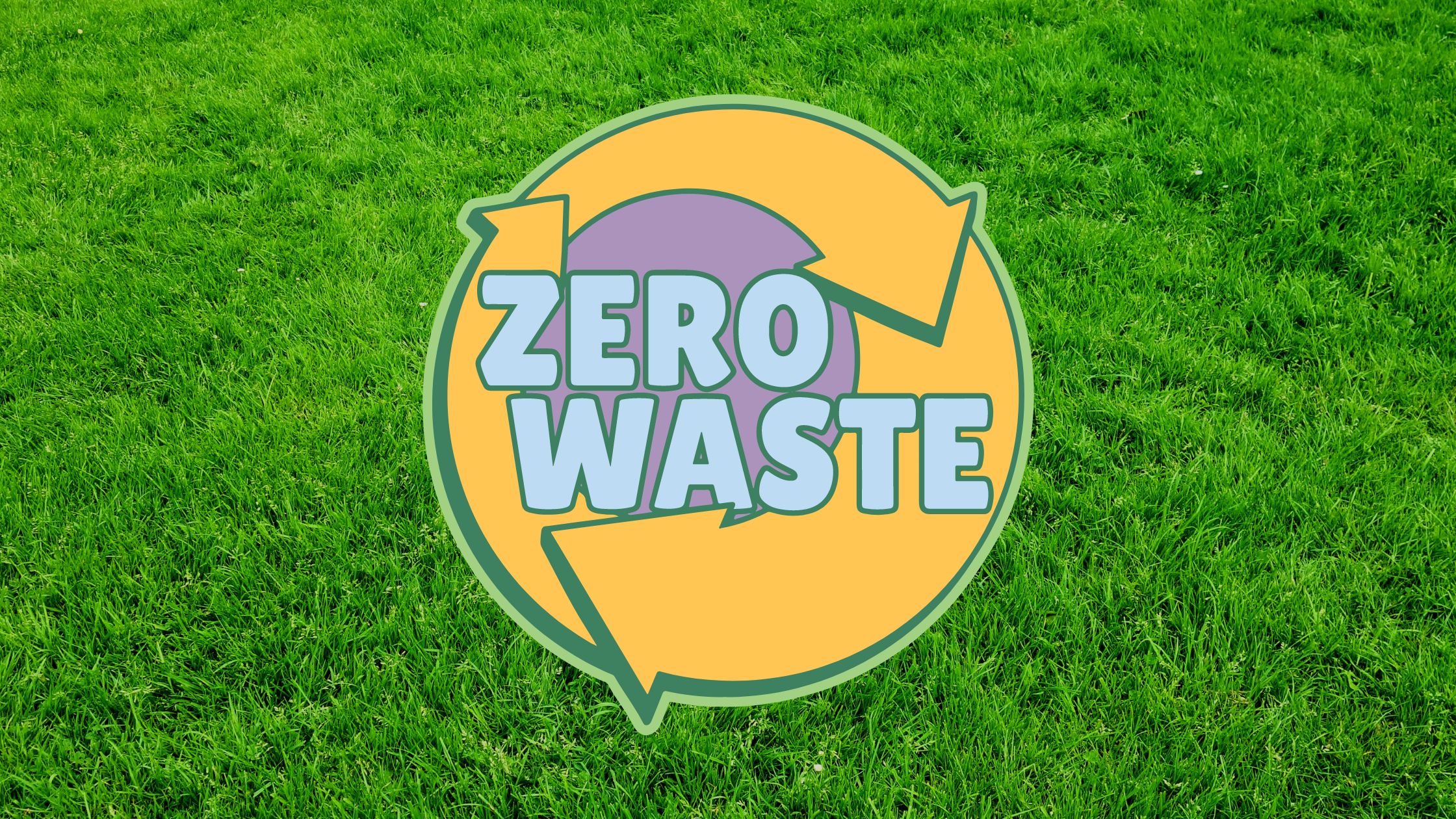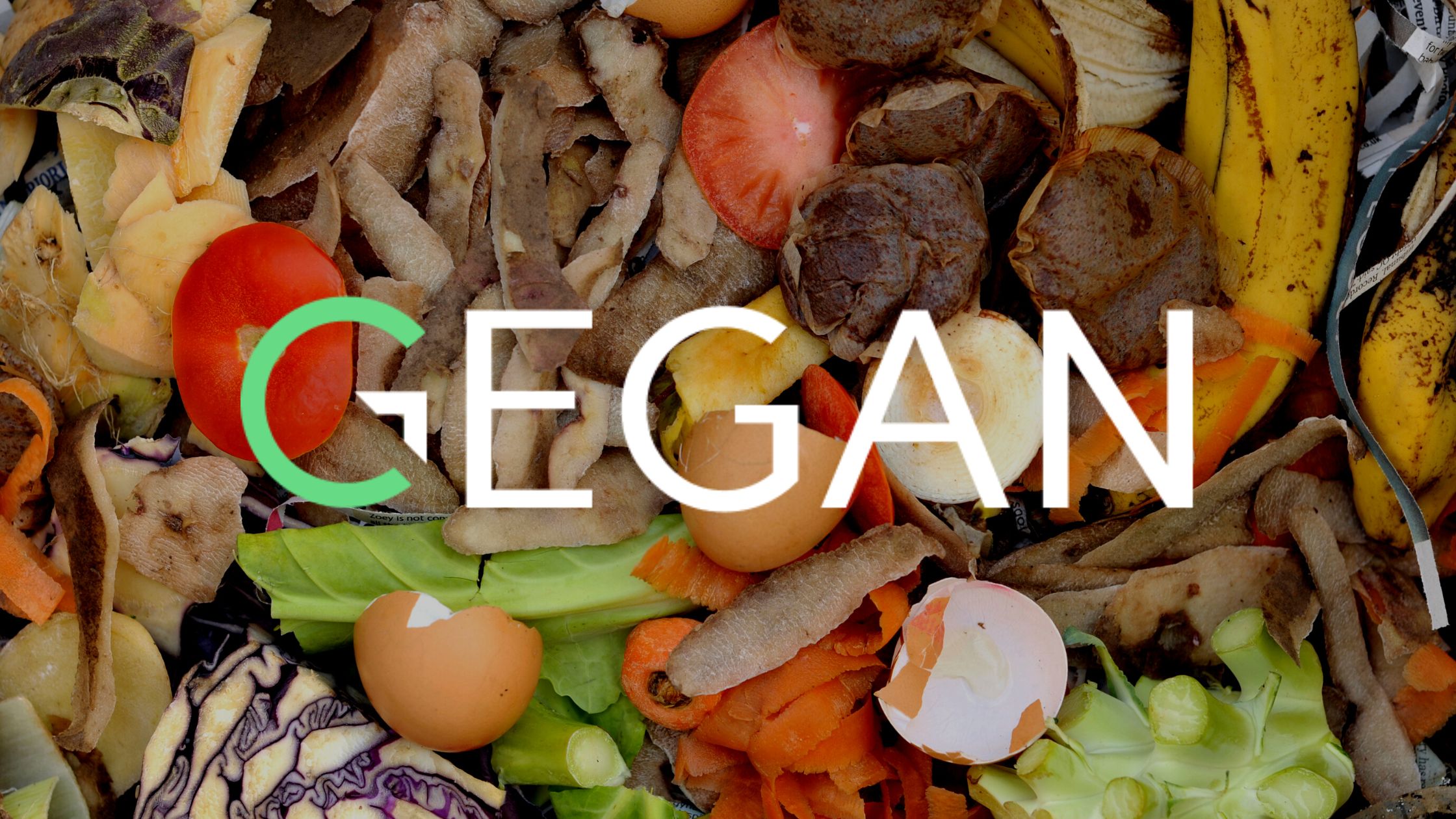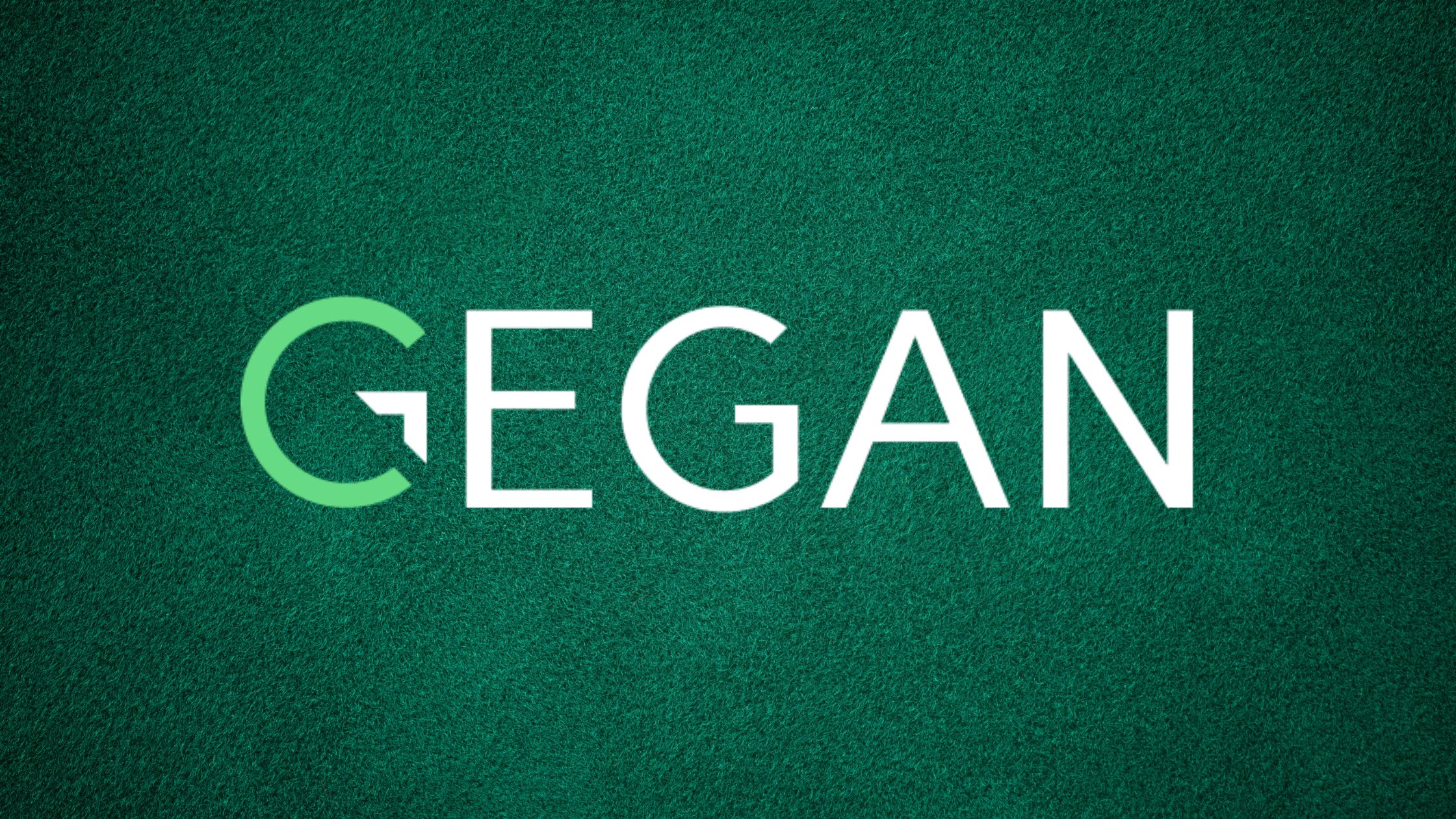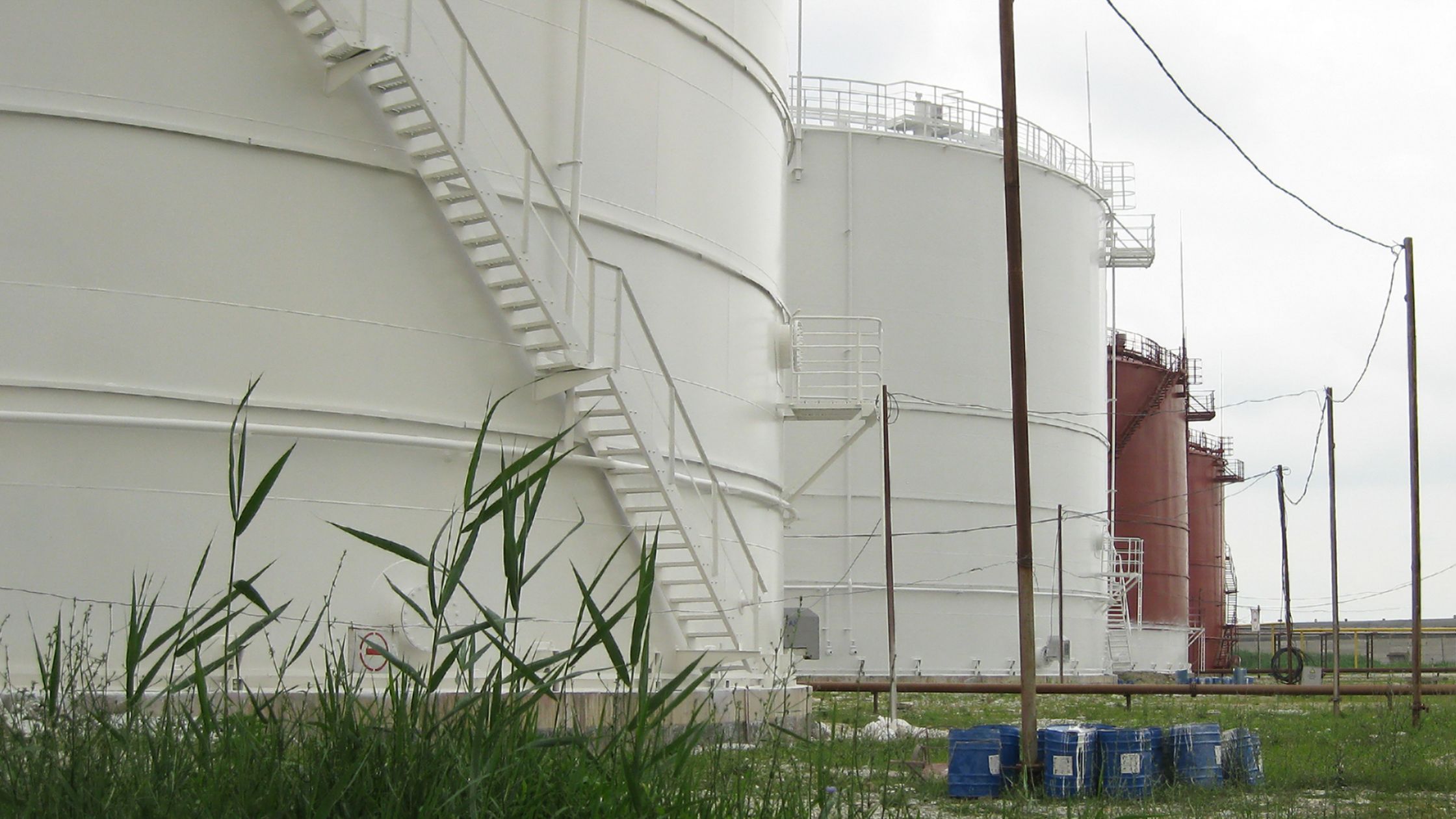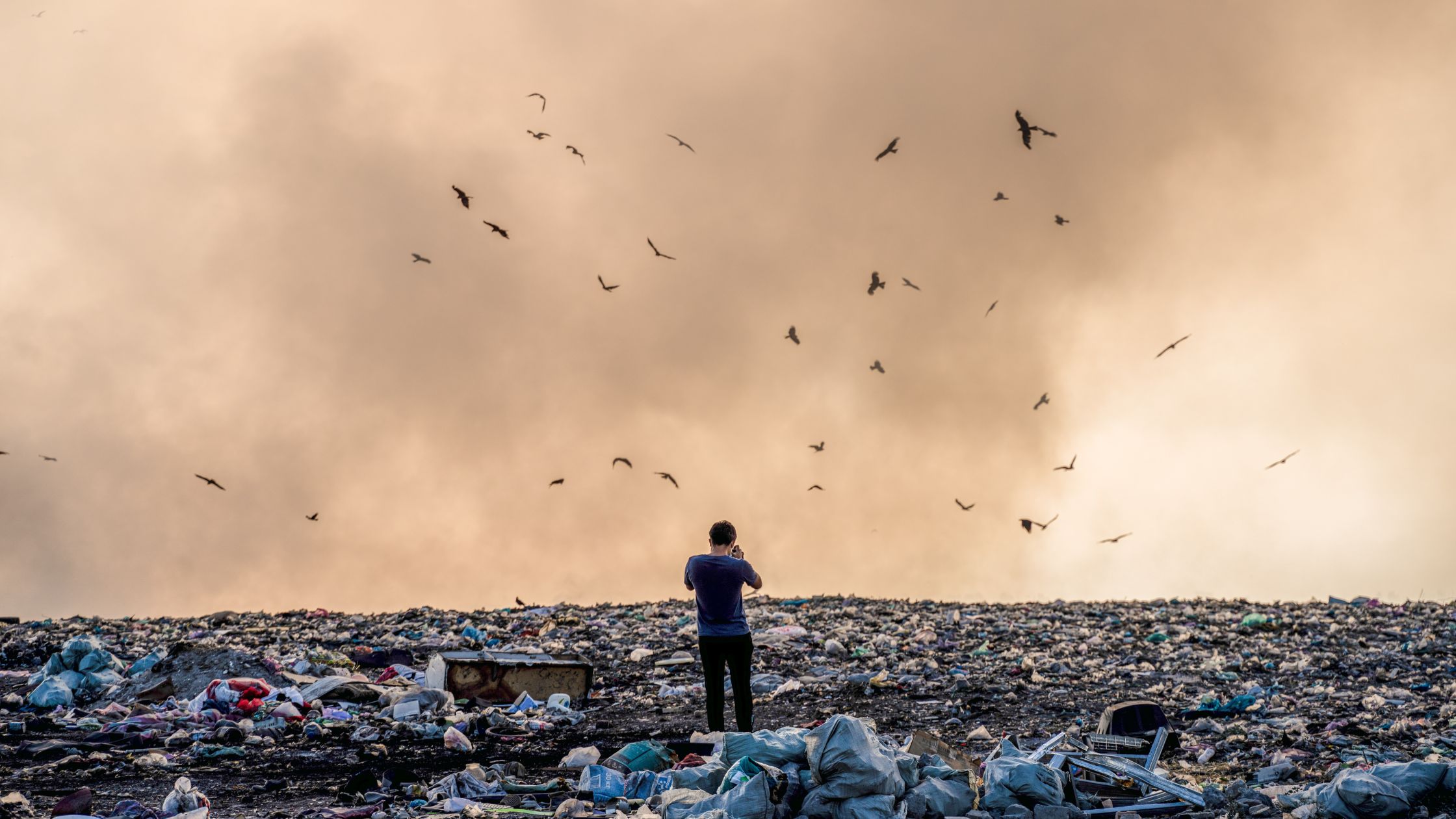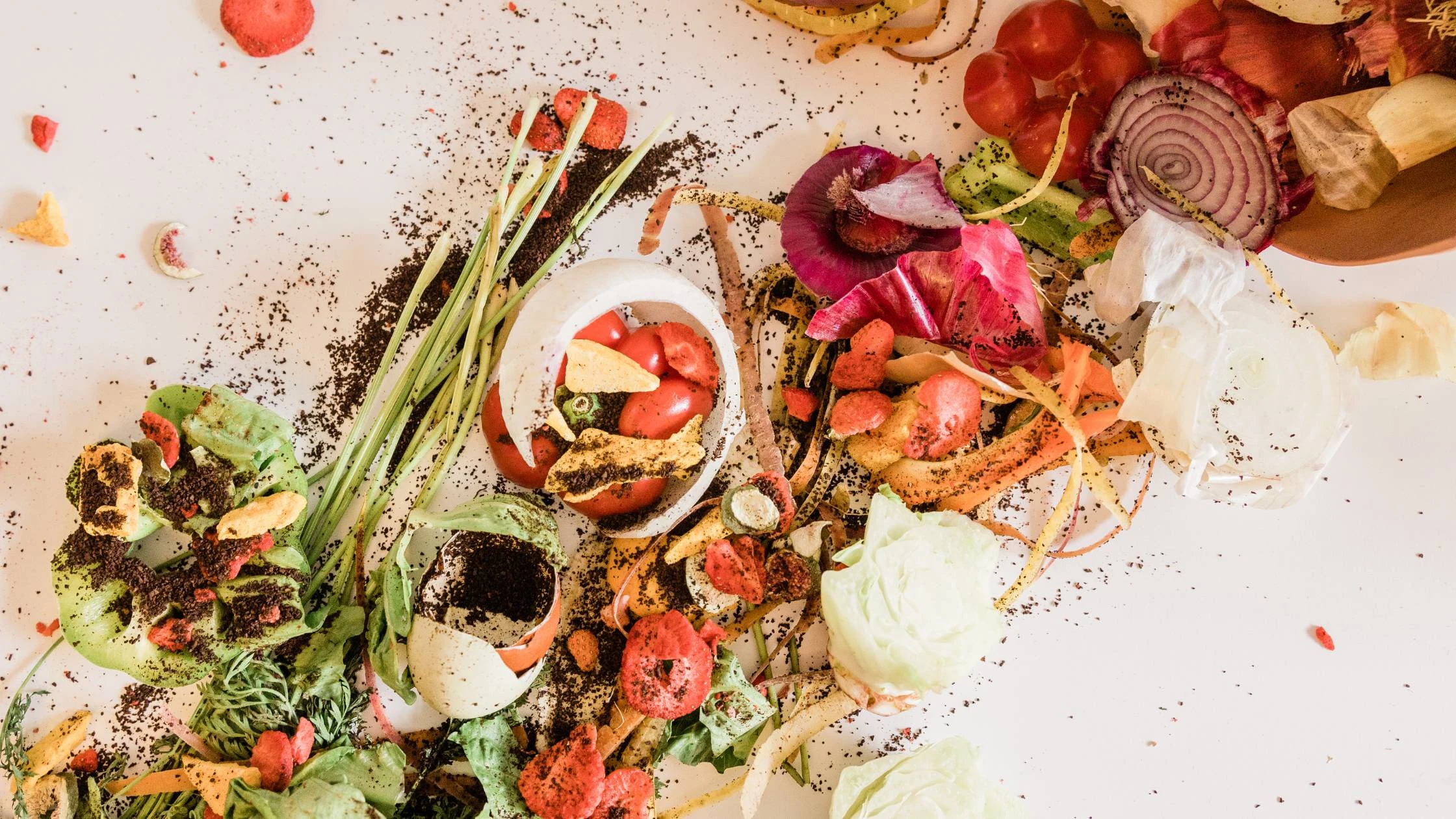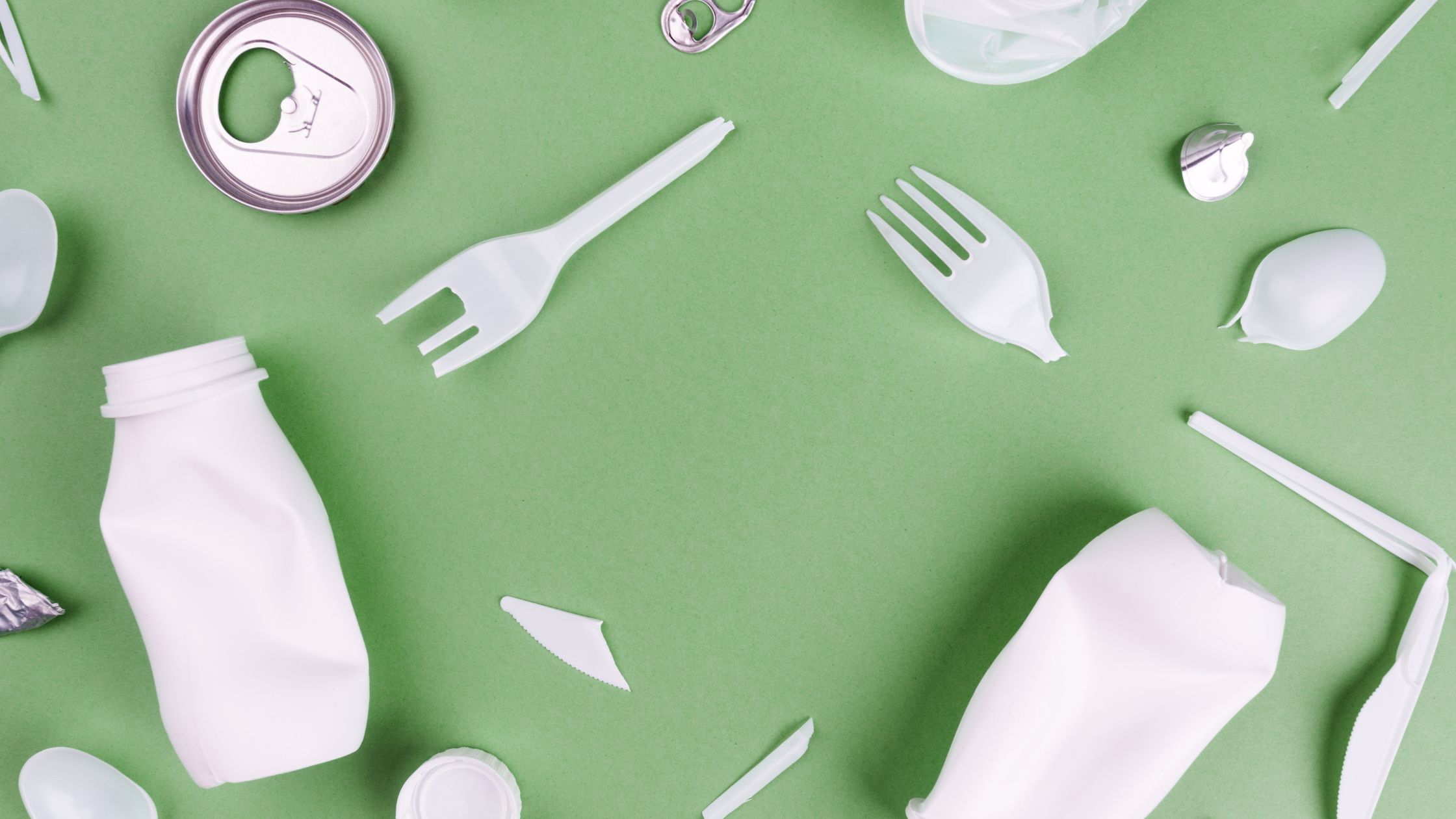
The era of single use plastics is on it’s way out; long overdue? Hell yes, but we can console ourselves with the fact that it’s better late than never.
Starting from October 2023, a ban will be placed on single use plastics in England, and it’s coming for everything from plastic plates to polystyrene containers. It even covers online sales and not just in store items. And just to be clear, ‘single use’ means exactly what it sounds like: use it once and toss it. If you thought recycling it means you can still provide it, think again.
So, what items does this ban encompass and how can your business get a plan of action in place? We’ve outlined everything you need to start doing now to get yourself ready for October.
What’s on the chopping block and what is exempt from the single use plastic ban?
We’re seeing an array of items covered by this ban from the usual suspects (cutlery) to more surprising faces that you perhaps hadn’t thought about before – balloon sticks. Items being banned include:
Plates, bowls and trays
Single-use plastic plates, trays, and bowls can no longer be provided to the public from October 2023. However, there are a couple of loopholes. If you’re supplying them to another business or they’re part of the packaging (pre-filled or filled at the point of sale), you’re safe. Think pre-filled salad bowls or takeaway trays; those are still in the game.
Cutlery and balloon sticks
There are no exceptions on these items, plastic cutlery and balloon sticks cannot be provided.
Polystyrene food and drink containers
We’re almost bidding farewell to ready-to-consume food and drinks served in polystyrene containers, including polystyrene cups; however, there’s a little wiggle room. You can still use polystyrene containers if they need further preparation before consumption – think adding water, microwaving, or toasting.
How can my business get ready for the single use plastic ban?
Now, for the big question; “how do I get ready for the ban?”. Fortunately, the answer is mostly common sense.
Use up existing stock
If you’re sitting on a mountain of single use plastic, you’ll need to make sure you’ve used it all before the October deadline. This may not be possible for some businesses; in which case you should explore whether the single use plastic you currently have can be recycled.
Find reusable alternatives
It’s time to get creative and find reusable or less harmful alternatives for single-use items. There are plenty of options out there, like paper plates and wooden cutlery.
What happens if I ignore the ban and keep providing single use plastic?
Some may be rolling their eyes at another single use plastic rule; however, this ban comes with consequences for those who decide they’re above it.
Local authorities will be conducting inspections to ensure strict compliance with the established regulations. These inspections may involve site visits to your business, test purchases, inquiries into the activities of your personnel, and even requests for access to your records. In the event of any violation of the law, the responsibility for covering the costs associated with the investigation will be yours, on top of any fine you may incur.
Customers who encounter single use plastics are also being encouraged to report these instances to the relevant authorities, specifically Trading Standards. Whilst you can appeal fines, that only works if you were following the rule in the first place.
TLDR? Don’t ignore the ban!
Anything else we should know about the single use plastic ban?
As a matter of fact, yes there is. There’s some technical info for manufacturers of expanded and extruded polystyrene that is included in the ban information. Grab your goggles, we’re going to get all science class on you for a moment.
Polystyrene is a polymer made from styrene monomers, but the ban’s got its sights set on polystyrene that’s been through a foaming process. This expansion involves using any means necessary, like heat from steam or blowing agents like butane, pentane, or propane.
There are two types of polystyrene products in the crosshairs:
Expanded polystyrene (EPS)
This stuff starts as tiny beads that are heated in a steam chamber to puff up like a marshmallow over a campfire, then moulded into the shape of the product. Think of those packing peanuts that you often find in your online orders.
Extruded polystyrene (EPS)
First, you’ve got your polystyrene nurdles (yeah, that’s a word). They’re melted and mixed with blowing agents, and then they pass through an extruder for shaping. That’s how you get your sturdy polystyrene sheet, which is cut into various products.
So, whether it’s EPS or XPS, if it’s been through the foaming wringer, it’s got a date with the ban.
Ready to start being an Earth saviour? Contact us today.
Ready to start being an Earth saviour?
Contact us today.


